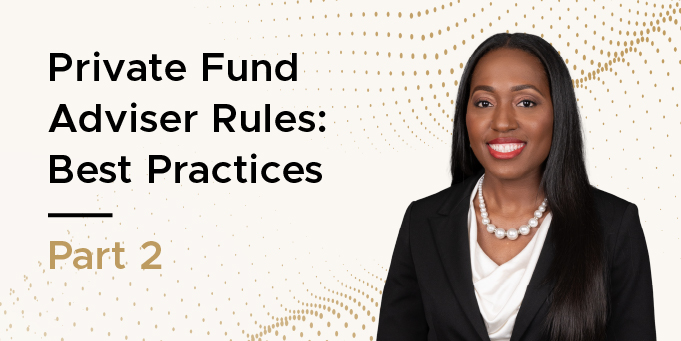
EisnerAmper’s 2016 Alternative Investment Summit: Private Equity
- Published
- Aug 1, 2016
- Share
The private equity panel at the EisnerAmper Alternative Investment Summit focused on venture capital, growth capital and buyouts. The panelists described the trends private equity firms are experiencing – from opportunities for growth to raising and deploying capital.
Investment Opportunities
Investment opportunities present themselves across a broad range of sectors. Amongst the panelists, the consensus is that there is a bit of a bubble occurring in the technology sector and that the past few quarters have been reflecting a slight retrenchment, even from a valuation perspective. Early stage investments continue to have momentum as fundraising and investors are coming in fairly aggressively. However, refinancing risk in portfolio companies is a concern for investors. Attractive opportunities outside the tech industry include energy, health care (which is constantly changing due to government regulations), and defense, which was impacted by troop draw downs. Paper products can also provide opportunity, while still understanding the impact of technology on such products: “If it can be replaced by an iPad, don’t invest, if an iPad can be packaged in it, invest.”
Valuations
In 2016, buyers have increased power with a more stabilized market. When deciding whether to invest, important factors include the robustness of the follow-on-market and whether there is a good team in place at the portfolio company. Despite increased power for buyers, most managers indicated they were in a selling pattern in the current environment. Managers agreed that investing in private equity cannot be done casually due to current valuations. Panelists indicated that they were seeing strategic transactions occur at multiples of revenue lower than a typical market buyout or IPO and lower than what firms would usually be willing to pay in terms of revenue multiples.
IPO Market
The recent stock market volatility has negatively impacted the IPO market, deterring private company CEOs from exiting the private sector. Many private companies have the revenue and business model to be a successful public company, but are choosing to remain private. Part of this is attributed to alternative liquidity mechanisms that were absent in previous cycles – i.e., selling to late stage investors and secondary markets.
Government Regulation
Financial markets are currently becoming more regulated following the financial crisis. The panelists indicated that the financial crisis led to regulations to avoid systemic risk “too big to fail,” and to provide further transparency on Wall Street. As these new regulations are broad and are meant to cover multiple asset classes, not all appear to apply to private equity. While transparency and a “culture of compliance” are important ideals to the sector, the level of compliance needs to be applicable to the business. Panelists agreed that the sector cannot be unregulated, but the regulations need to apply to private equity.
EisnerAmper would like to thank the panelists for their time and insights:
- Adam Blumenthal, Blue Wolf Capital Partners LLC
- George McCulloch, Level Equity
- Will Porteous, RRE Ventures
- Peggy Marshall, M20 Private Fund Advisors (moderator)
What's on Your Mind?
Start a conversation with the team
Receive the latest business insights, analysis, and perspectives from EisnerAmper professionals.













